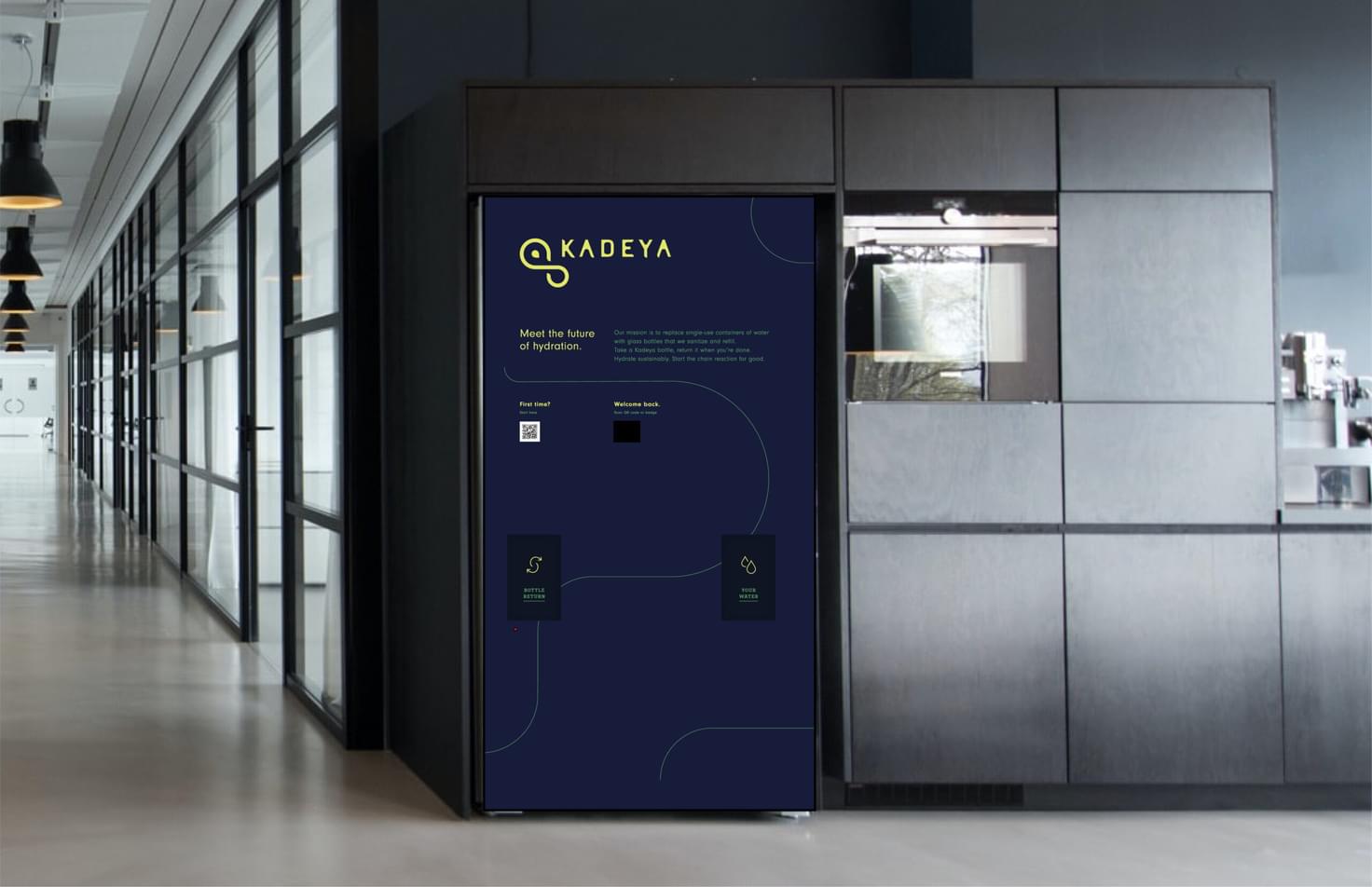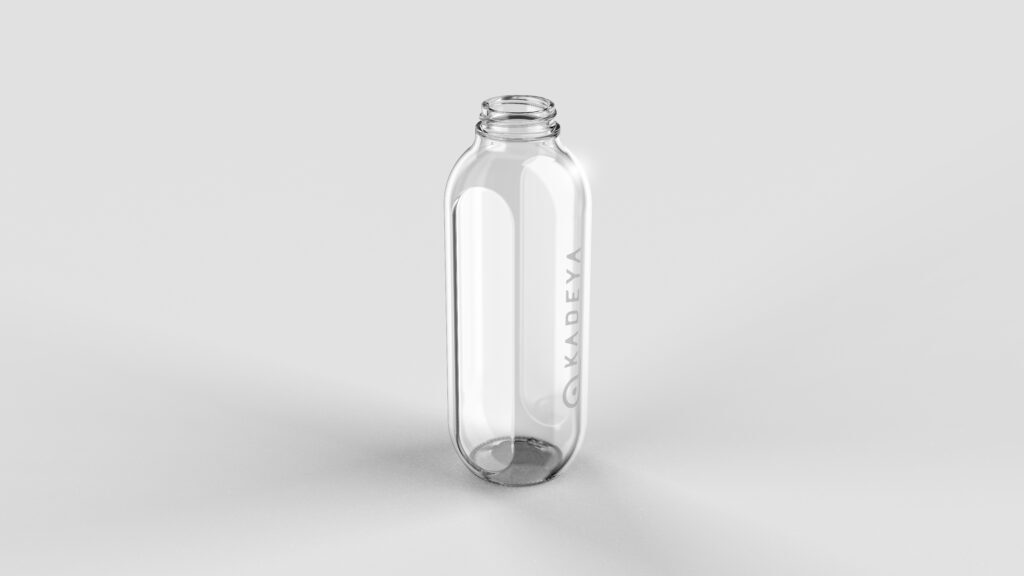
Words by Tess Becker
We’re having to become creative in the fight against pollution. As the world becomes more polluted, it's not as simple as cleaning up after ourselves and recycling most of our plastic.
So in finding inspiration wherever we can, Manuela Zoninsein found hers in shared bike stations strewn about the city. This inspiration eventually became her innovative company: Kadeya.
“I used to walk to work every day and go by the city bike stations,” Manuela tells Smiley News. “And I thought, ‘well, we can do this for bikes, what would it take to do it for bottles,’ and basically just started saying that to everyone who would listen to me."
Kadeya, put in the simplest terms, is a vending machine for water bottles. In goes a couple bucks, and out comes a glass water bottle, but the actual system is a lot more complex than that.
In reality, a Kadeya system is what they call a “closed loop beverage system” that aims to keep trash and recycling to an absolute minimum. To do this, they ask that the water bottles are returned to the machine where inside the machine they are thoroughly sanitized and then refilled with water to be used again.

Each bottle even has laser engraved markings so Kadeya operators can track the movement and usage of individual bottles.
“If you had asked me five years ago whether I would be building a closed-loop, beverage vending system, I would not have believed you,” Manuela says.
“I was just focused on eliminating single-use waste. That's the problem. I'm working to solve that scale. And I think entrepreneurs become obsessed with a problem and then iterate toward the solution. And it turns out that this next-gen vending, closed-loop vending system, is what I think can solve the single-use problem.”
Manuela always wanted to do something to help the planet. She was raised by a Marxist economist father who worked under the revolutionary Allende and a feminist anthropologist mother who spent time with Martin Luther King Jr. and helped teach the first generation of Brazilian feminists.
And it was in places like Brazil and later China that she saw what pollution could do to once, mostly spotless, landscapes.
“Dinner table conversations were about inequality and systemic problems,” Manuela says. “So I grew up with a systemic view of the world and understanding that we have individual agency but also recognizing that the structures in which we live can drive certain outcomes and can make other outcomes much harder.”
To date, most of her Kadeya projects have been at jobs or worksites to get a good feel for how often people use them. She hopes to eventually spread to convenience stores and the like to make things as available as possible.
This article aligns with the UN SDG Responsible Consumption and Production.